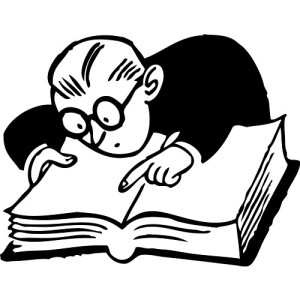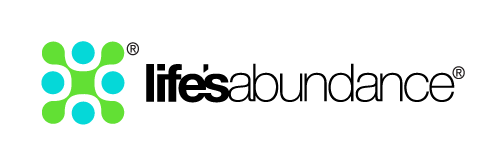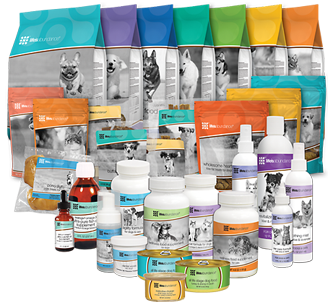When “Experts” Lead Us Astray
 Without a doubt, the opinion of an “expert” carries weight and influence. But who actually decides when someone is an expert anyway? Could it be detrimental to allow “experts” to have so much sway over our decisions?
Without a doubt, the opinion of an “expert” carries weight and influence. But who actually decides when someone is an expert anyway? Could it be detrimental to allow “experts” to have so much sway over our decisions?
From an early age we are conditioned to believe that someone else always knows best. Children are told to behave themselves and listen to what the teacher or adult tells them to do. Challenging the actions or ideas of an authority figure historically has not been socially acceptable.
This theme continues into adulthood. We seek out doctors, lawyers and bankers to give us good sound advice. Since we can’t “know it all” we rely on guidance from those who have studied and trained in particular areas. Now here’s where the problem begins. Instead of taking information from an expert and doing some ofour own research or investigation, we take it at face value and delve no further. Even when we may have reservations we willingly overlook them. We tell ourselves that this person is the expert and they know better than we do. We distrust our own thoughts.
I don’t believe it’s beneficial to completely surrender your own judgment to experts. By doing so you are giving away your power of choice. Many times you do need to rely on experts to provide you with information so you can make an informed choice. But there’s no benefit to making it easy for others to manipulate you for their own personal gain by just ‘going with the flow’.
Conditioning has programmed us to disengage from free thinking in the face of experts who are often misguided and sometimes just plain wrong. Professionals may have personal motives for providing clients with certain advice. A banker may advise you to select a fixed rate long term mortgage because it benefits their commission plan more than a short term open mortgage. A doctor may recommend a flu vaccine because “it’s good for the health of their practice”. In other words it generates income. We tend not to see the possible motivations behind the advice we receive.
When it comes to pet care we all want the best for our animals. Do pet food manufacturers comprehend the nutritional needs of our companion pets? The commercials claim these processed foods are healthy, but the pets eating them surely are not healthy. In fact, they’ve never been sicker!
Consumers receive a false sense of security purchasing pet foods that are formulated by experts. It makes them feel confident in their choices. But these experts are not working independently; they are paid employees of the pet food company. Their directives aim to benefit the business, which is often in direct conflict to providing benefit to the animals.
In business, having an expert promoting your product or service is very advantageous. It encourages consumer trust. Since experts are in demand they often receive free products, meals and even vacations from companies seeking their support. Don’t think for a second that healthcare (human or animal) is immune to this practice.
Some veterinarians use their professional authority to pressure clients to agree to their recommended treatments. Always take the time to investigate and feel comfortable with recommendations before you agree. I understand that when faced with expert advice the first reaction is often to consent to their wishes. But if you are feeling pressured why not choose to make a decision at a later time when you have had the chance to consider it fully.
Our inherent logic and analysis skills have become dulled by watching hours of drivel on television and mindless surfing on the Internet. All the while we are being unendingly bombarded by advertising. We have become distracted from the genuinely important things in life. If your brain has gone on sabbatical it’s time to bring it back!
Always question any recommendations you receive and consider the motivation behind the advice. Critical thinking will ultimately lead you to make the best choices for yourself and your animals.
“Learn from yesterday, live for today, hope for tomorrow. The important thing is to not stop questioning.”
~Albert Einstein


 Life's Abundance Pet Foods
Life's Abundance Pet Foods
Leave a Reply